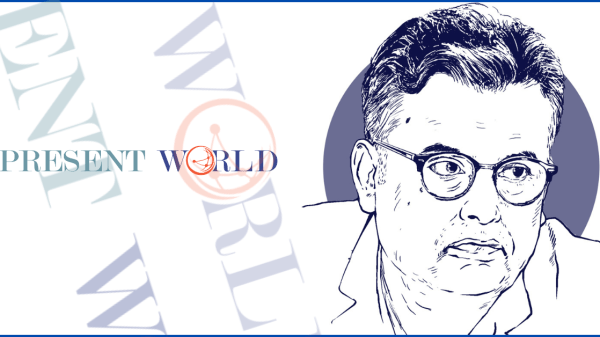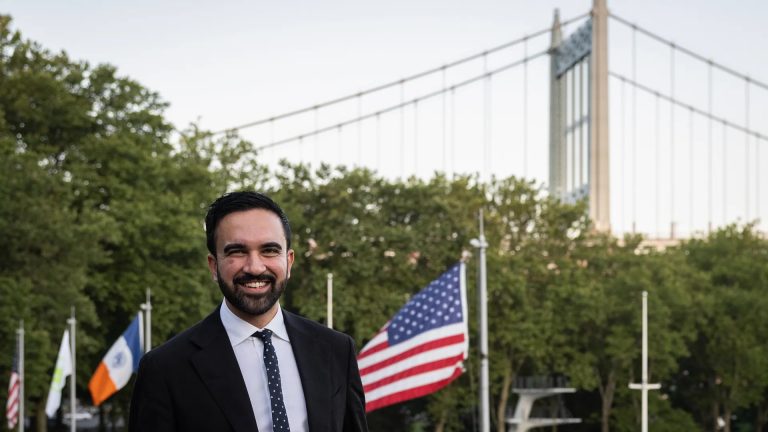The type of governance in a country depends on several factors, including the character of its people and the way it has been ruled over time. These factors shape the mentality of the nation’s people and determine the kind of relationship they have with the state.
With this in mind, it is essential to consider the issue of state stability in Myanmar. After moving away from the rule of small ethnic groups, Myanmar became a truly modern state under British rule. Like many of Britain’s colonies, Myanmar, then known as Burma, was essentially a police state or a militarized state during that time. George Orwell’s link to Myanmar is often captured in his novel Burmese Days; however, another book, Finding George Orwell in Burma by Emma Larkin, delves deeply into the realities of Burma. Just as Animal Farm was not about socialism but about Burmese society, Orwell’s research and journalistic perspective revealed the society and environment of Burma during that era, as highlighted in Larkin’s book. George Orwell’s grandfather was also a police officer in Burma. When Orwell was posted there as a police officer, his grandmother told him, “You will have a very beautiful life there, although there are some issues like malaria. Even so, you’ll see that there will always be twenty to twenty-two native servants standing with their heads bowed, waiting to serve you barefoot, at your command.”

Such autocratic systems create a mute, impoverished working class, and it takes a long time for these voiceless people to become responsible citizens. There is a significant difference between being vocal and being a responsible, vocal citizen. Furthermore, the “more equal” class, or the elite or educated class in Animal Farm, was naturally formed in Burma among various ethnic groups involved with armed forces, especially the military. These families were surrounded by businessmen who maintained contact with them for security and other reasons. They were so powerful that, before Burma could be established as a modern state, the nation’s founding father, Aung San, could not fulfill his dream of creating a communist state. Even his goal of uniting the 139 ethnic groups into seven groups under one umbrella was not realized. Instead, the country fell under military rule.

Myanmar has a long history under military rule. The Western democratic world has exerted various pressures to turn Myanmar into a democratic country, but under military rule, it has managed to maintain territorial integrity and considerable stability, relying on its own resources. The military rulers of Burma during that time benefited from two key advantages: first, its own oil, agricultural, and maritime resources; and second, the support of its two large neighbors, China and India. Even though some ethnic insurgents from Myanmar sought refuge in neighboring Thailand, that country has always supported Myanmar’s military government.
In the early days, there were some communist insurgents against the military rule, but by the late 1970s, this opposition had diminished. Moreover, the most important factor was that China never sought to export socialism or Maoism to Myanmar.
Towards the end of the 1970s, the daughter of the country’s founding father, Aung San Suu Kyi, returned and initiated a democratic movement through a democratic alliance. The West continued to provide her with full support. While India’s ruling government was an ally of Myanmar’s military regime, parts of its media and civil society supported Suu Kyi. To make her more acceptable in the West, she was awarded the Nobel Peace Prize. By the end of the 1980s, Suu Kyi had become recognized as a democratic leader in the Western and Indian media, as well as in the country’s student community. The military regime itself contributed to her popularity by placing her under house arrest. This led to a large-scale student movement centered around Rangoon University and other educational institutions in the 1990s, which received support from student leaders in Bangladesh and other countries.

The Burmese military rulers responded with violent repression to quell the movement. Subsequently, the military government adopted two strategies: purchasing military equipment from China and India in large quantities, and relocating the capital from Rangoon to Naypyidaw. There, they established high-quality educational institutions for the military families and their supporters who had formed an elite class during the long period of military rule. However, as the new millennium began, the military government faced significant popular uprisings. Yet, the character of these movements was completely different from the earlier ones. Although students were at the forefront, the main driving force behind the movement was Buddhist religious extremists. This movement resulted in a kind of defeat for the military government, leading to Suu Kyi’s release and the victory of her democratic alliance. According to the country’s constitution, which included a military quota, she formed a parliament and became the head of government.
However, due to her lack of experience in governance, Suu Kyi could not manage the country as effectively as the military regime, which had kept the 139 ethnic groups relatively peaceful through a mix of agreements and force. As a result, while ethnic and religious separatism existed in Myanmar, it was not as overt or extreme. However, since the primary support for Suu Kyi’s movement came from Buddhist extremists, she had to make significant concessions to them. This became apparent in Arakan (Rakhine). Despite international economic interests in the region, during the military rule, the persecution of the Muslim minority in Arakan had never been on such a large scale. Over a million Rohingya Muslims were forced to seek refuge in Bangladesh. However, it remains unclear why Bangladesh did not engage in major discussions with Myanmar’s government before accepting these refugees..
Despite the ongoing religious persecution, Suu Kyi’s party won the next election. However, before they could form a permanent government, the military took control again, leading to the current military government.

After seizing power, the current military government faced economic sanctions from the West, while some invisible forces, including ethnic groups, provided assistance to various insurgent groups, pushing the country toward a civil war. The prolonged conflict has hindered agricultural production, leading to a food crisis. Meanwhile, reports from journalists regularly entering Myanmar and maintaining contact with the insurgent groups reveal that these insurgents will never be able to take control of Myanmar’s central or regional powers. Instead, they will contribute to turning Myanmar into a long- term wound in the region.
By the time the U.S. election results were clear, with Donald Trump winning, it was understood that the U.S. would not continue its policy of turning Myanmar into a democratic “guinea pig” under the foreign policies of Biden and Hillary. Recognizing this, China took a strong stance on Myanmar. Though not officially, China extended an invitation to Myanmar’s military leader and publicly communicated with him. Just days before this invitation, China’s foreign minister visited Myanmar and met with the country’s military leader. The Prime Minister of Thailand has also spoken with Myanmar’s military leader. India has also been maintaining contact with Myanmar’s military government regarding border issues, as reported by international media. Other ASEAN member states have also shifted their stance on Myanmar’s military government much earlier than before.

The key reasons behind these changes include the support for Suu Kyi by Myanmar’s extreme religious factions and the victory of ethnic separatism, which could negatively affect other countries. This is because most countries have built a common citizen base. from various ethnic groups. Therefore, the export of ethnic extremism, just like religious extremism, is possible.
For all these reasons, Myanmar’s neighboring countries believe that only military rule can ensure stability. Not every nation is suited for democracy at all times, and Myanmar’s history proves that its stability has been guaranteed by military rule. Therefore, the right decision at this moment would be to consolidate and strengthen the military rule to free the country from civil war. Military rule is now the path to a solution.
Author: State-awarded journalist, Editor and Publisher of Sarakhan and The Present World.











